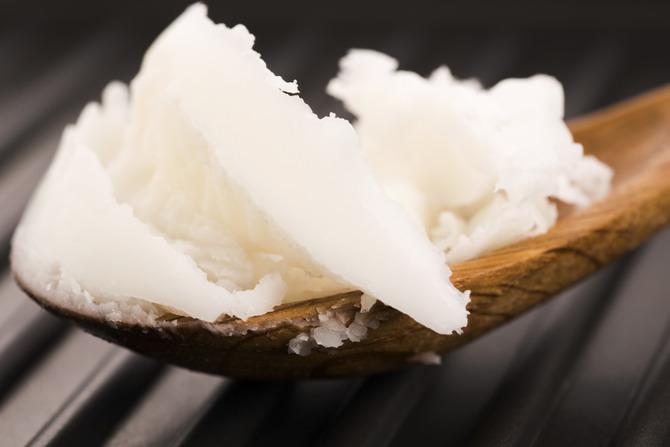|
In part one we covered Astragalus an d and Elderberry. Now, we’re going to take a look at one antiviral that I find to be extremely valuable and should be in every family’s home medicine chest.
We all know by now, at least I hope you do that coconut oil is one of nature’s most comprehensive foods. It can be used from cooking to skincare. There is a natural compound found in coconut oil that has not hit its stride yet, but it’s about too! It’s called Monolaurin. What is Monolaurin? Monolaurin is derived from coconut oil but prepared into a mono-ester of lauric acid. Decades of research has demonstrated the germ-killing and disinfectant properties of this natural compound. It should be pointed out that monolaurin is a component of breast milk, immune support that is passed from mother to child and vital to the survival of mankind. Anything in breast milk must be very gentle on the baby, yet effective at boosting immunity. This helps you to understand the safety and non-toxicity of this simple fatty acid nutrient. Think about a baby just coming into the world who has no digestive competence or balance and no immune cells based on experience – how do they survive an infection if they get one? This helps you to understand the true power of monolaurin and other immune support components that are naturally found in breast milk. Monolaurin, Gram Positive Bacteria, H. Pylori, and Candida Research dating back 30 years first identified that the 12 carbon fatty acid of monolaurin was highly effective at combating gram positive bacteria and yeasts (like Candida albicans). The Candida killing ability of monolaurin has been established. The most research has been done on gram positive bacteria, as the compound can be used to reduce infections on poultry and help clean equipment involved in the production of food. And monolaurin is effective against many viruses. The nutrient has been in widespread use as an immune support dietary supplement for several decades. Gram positive bacteria are those that contain a thick mesh cell wall lattice made of sugars and amino acids. Disrupting this mesh-like outer cell wall is the key to stopping them from spreading. The troubling bacteria in this category are in the families of Streptococcus, Staphylococcus, Corynebacterium, Listeria, Bacillus, and Clostridium. Monolaurin has been found to incorporate itself into the cell membrane of gram positive bacteria and have the net effect of disturbing the integrity of its cell membrane, blocking replication and making it an easier enemy for your immune system to take care of. Monolaurin has demonstrated some ability to help regulate gram negative bacteria, one of which is the common intestinal inhabitant known as Helicobacter pylori (H. pylori). If H. pylori starts getting out of balance and turns hostile, like a bad gang in the neighborhood, then a lot of stomach distress can follow. Researchers have shown that monolaurin has a direct and potent germ killing effect on H. pyloria, regardless of stomach pH. The H. pyloria germ killing ability of monolaurin has been confirmed by a second group of researchers. Research has shown that monolaurin is not effective against most gram negative bacteria like Salmonella or E. coli, which have a different kind of outer cell membrane than gram positive bacteria. In contrast to this general finding, one study of bacteria cultured from the skin10 of children found that monolaurin inhibited the growth of gram positive and gram negative bacteria. Monolaurin and Bacteria
Monolaurin and Viruses Monolaurin is one of the most popular nutrients to assist in combating various viruses. It is believed to work by interacting with the lipids and phospholipids that form the envelope of the virus, causing it to weaken or disintegrate. Research suggests that monolaurin exerts some degree of immune support for the following viruses:
Many of the types of viruses monolaurin helps are those that can be chronic low grade infections that deplete energy on a regular basis and flare up when you are stressed or down. If you have ever had a bad bug and never really got your energy back then monolaurin may help your immune system clean up the problem – even years later. Many find it useful for recurring mouth sores that are herpes-based problems. *This statement has not been evaluated by the FDA. The information on this website is not intended to diagnose, treat, cure or prevent any disease. Always seek professional healthcare if you suspect an illness or disease.
0 Comments
Your comment will be posted after it is approved.
Leave a Reply. |
Archives
May 2022
|

 RSS Feed
RSS Feed